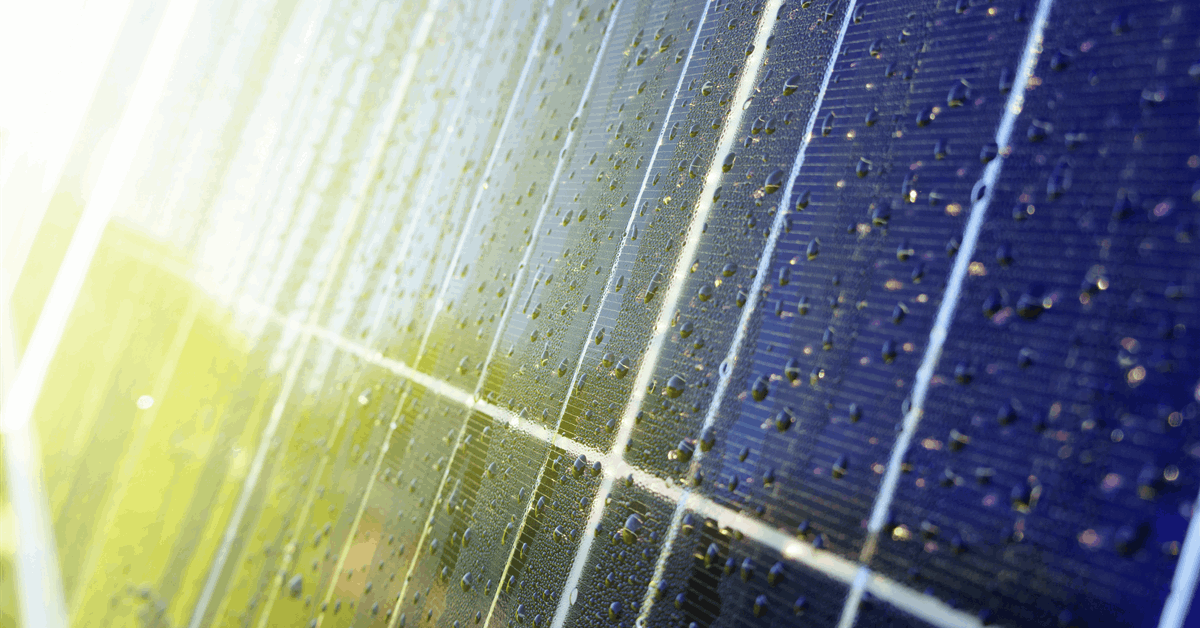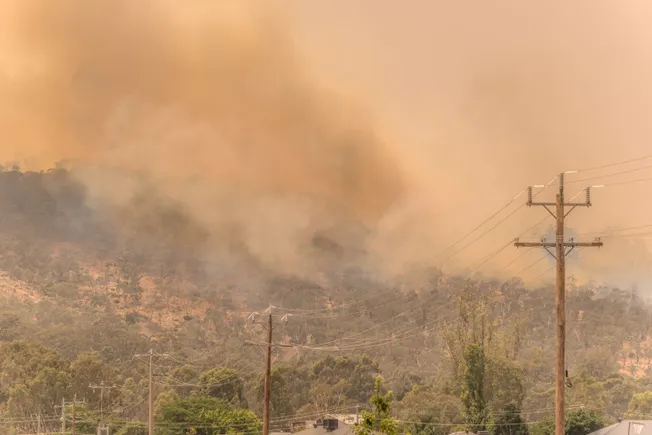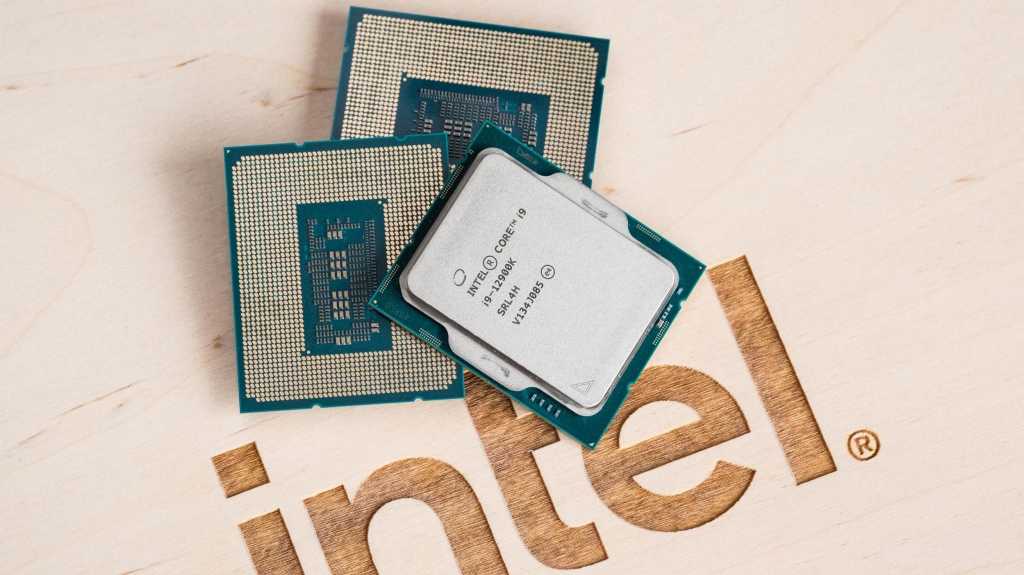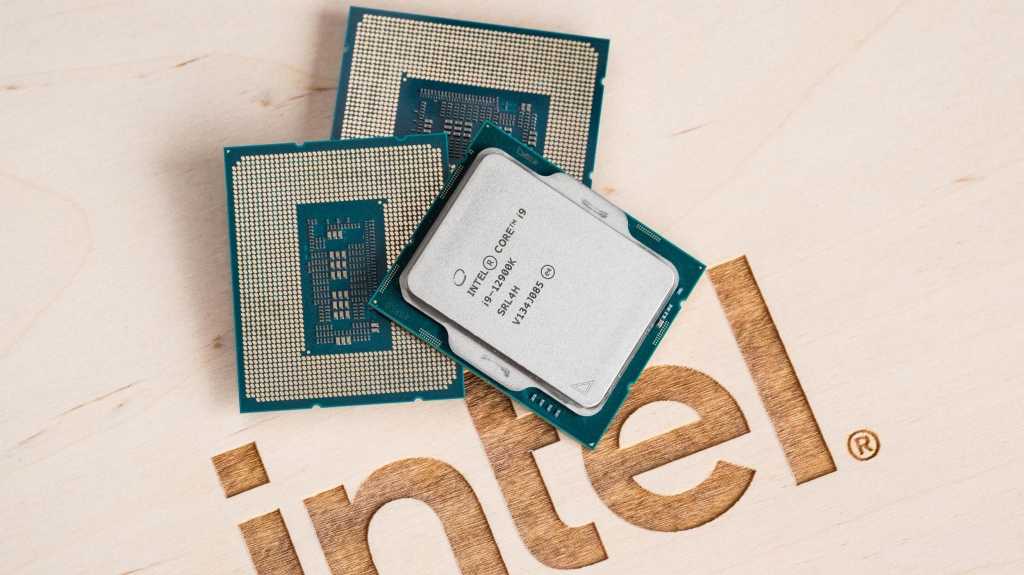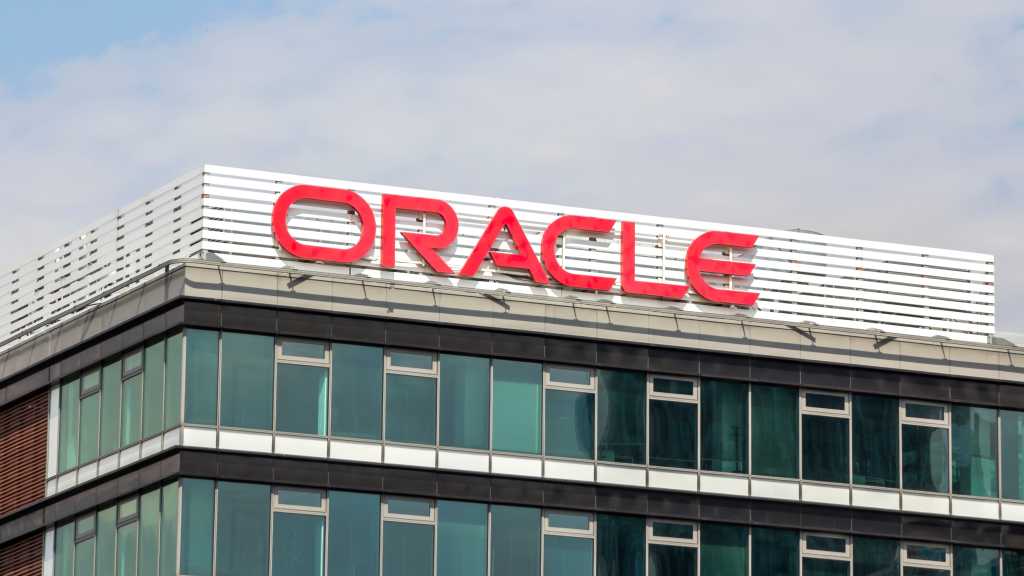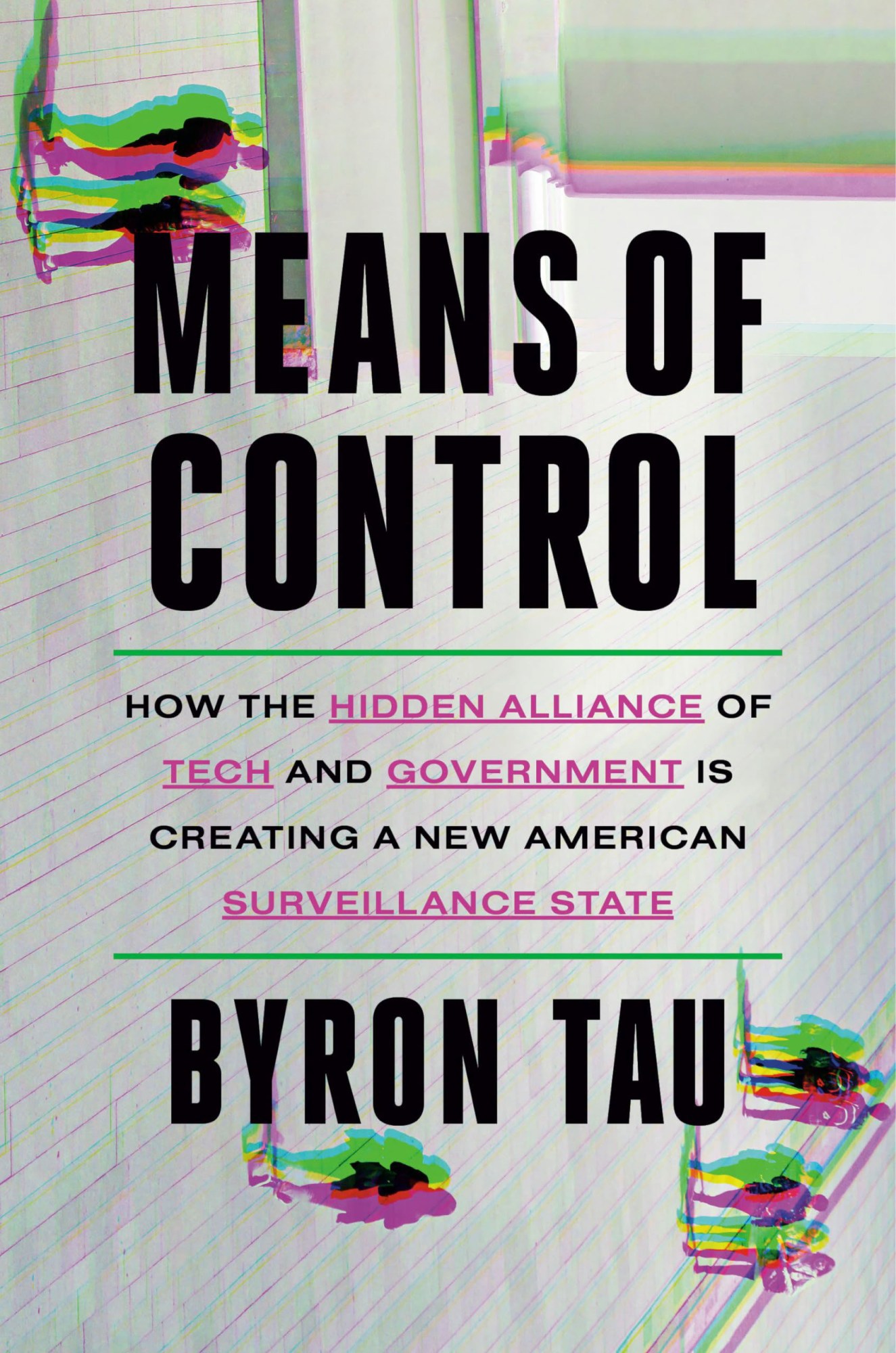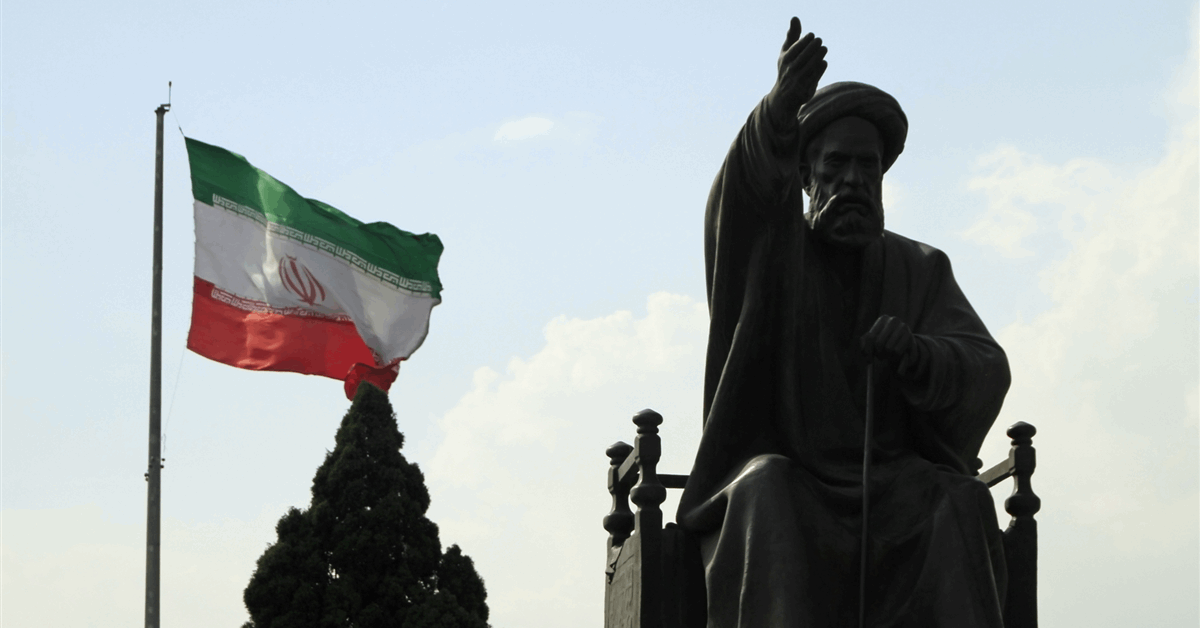
The unprecedented US airstrikes on Iran have set traders and governments worldwide on edge, as the Islamic Republic warns of retaliation and Israel shows no sign of letting up in its assault.
President Donald Trump’s decision to deploy bunker-busting bombs, Washington’s first direct military action against Iran after decades of hostility, has pushed the Middle East into uncharted territory and raised geopolitical risk in a world economy already facing severe uncertainty over his trade war.
Oil rose almost 6 percent when markets opened Monday morning in Asia, with analysts warning $100 a barrel is in sight depending on Iran’s further response to the conflict, which began June 13 with a surprise attack by Israel. The US dollar pushed higher, stock futures fell and Bitcoin slid below $100,000 for the first time since early May.
The extensive US operation – which targeted nuclear sites at Fordow, Natanz, and Isfahan — included 125 aircraft, strikes by Tomahawk missiles launched from a submarine and the use of 14 Massive Ordnance Penetrator bombs, the first time such bunker busters were used in combat.
At the United Nations on Sunday, Iranian Ambassador Amir Saeid Iravani told an emergency Security Council meeting that the “timing nature and scale” of Tehran’s response “will be decided by its armed forces.”
Foreign Minister Abbas Araghchi earlier said the country reserves all options to respond. The Islamic Revolutionary Guard Corps, which answers to the Iran’s supreme leader, signaled US military bases in the region could be targeted.
Trump has vowed to meet any retaliation with force “far greater” than the US strikes on the nuclear sites. He also floated the possibility of regime change in Iran, although US and Israeli officials Sunday stressed that isn’t their aim.
Police in New York, Washington and Los Angeles increased patrols at religious institutions, diplomatic facilities and public spaces. Officials cited no immediate credible threats but highlighted the need for vigilance. The Department of Homeland Security said the Israel-Iran war has placed the US in a “heightened threat environment” through Sept. 22.
It’s still unclear how successful the US strikes were in eliminating Iran’s most heavily protected enrichment site at Fordow.
The head of the International Atomic Energy Agency, which officially has the task of monitoring Iran’s program, told the UN Security Council on Sunday that no one yet knows the condition of the facility, nor the location of Iran’s more than 400 kilograms of uranium enriched to 60 percent.
Any move by Tehran to harass traffic through the Strait of Hormuz, a major artery for global crude and natural gas, has raised the specter of a spike in energy prices at a fragile moment for the global economy.
The World Bank, the Organization for Economic Cooperation and Development and the International Monetary Fund have all downgraded their growth forecasts in recent months.
“An expanding conflict adds to the risk of higher oil prices and an upward impulse to inflation,” Bloomberg Economics analysts including Ziad Daoud wrote in a report.
Naval forces in the region warned that ships, especially US-linked vessels, could be at heightened risk. Greece, home to more oil-tanker capacity than any other nation, cautioned its ship owners to think again if they’re considering entering the Persian Gulf.
Two supertankers both capable of hauling about 2 million barrels of crude U-turned in the Strait of Hormuz, entering the waterway then abruptly changing course on Sunday. British Airways and Singapore Airlines canceled flights to the Persian Gulf, increasing aviation disruptions in the region.
While the US action was condemned by the likes of Russia and China, even allies such as UK and France distanced themselves from Trump’s decision.
Iran, meanwhile, finds itself isolated. Tehran’s top allies – Russia and China – are offering only rhetorical support, while the militia groups Tehran has armed and funded for years are refusing or unable to enter the fight.
Iran’s Araghchi said he plans to travel to Moscow, although Russian officials have made it clear that a cooperation treaty the two countries signed in January doesn’t include mutual-defense obligations.
Israeli Prime Minister Benjamin Netanyahu pledged in a news conference to continue Israel’s military campaign in Iran as well as in the Gaza Strip.
The Israel Defense Forces said Sunday it hit a surface-to-air missile launcher in Tehran, while in western Iran, Israeli jets struck infrastructure for storage and missile launches as well as satellites and military radar sites.






